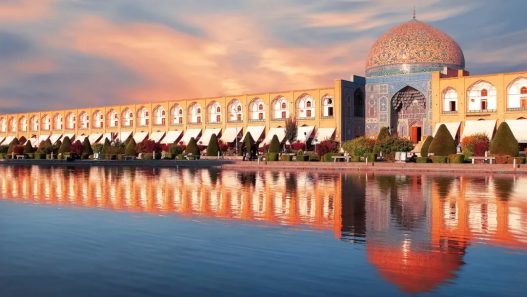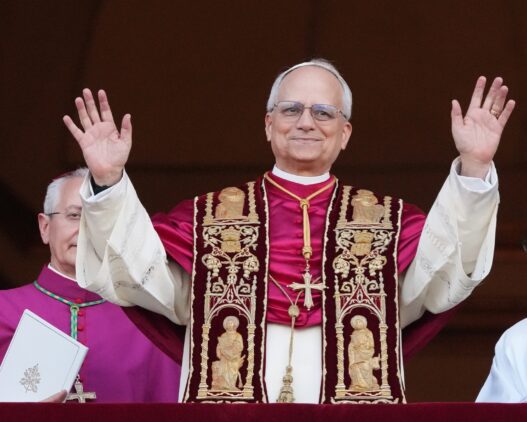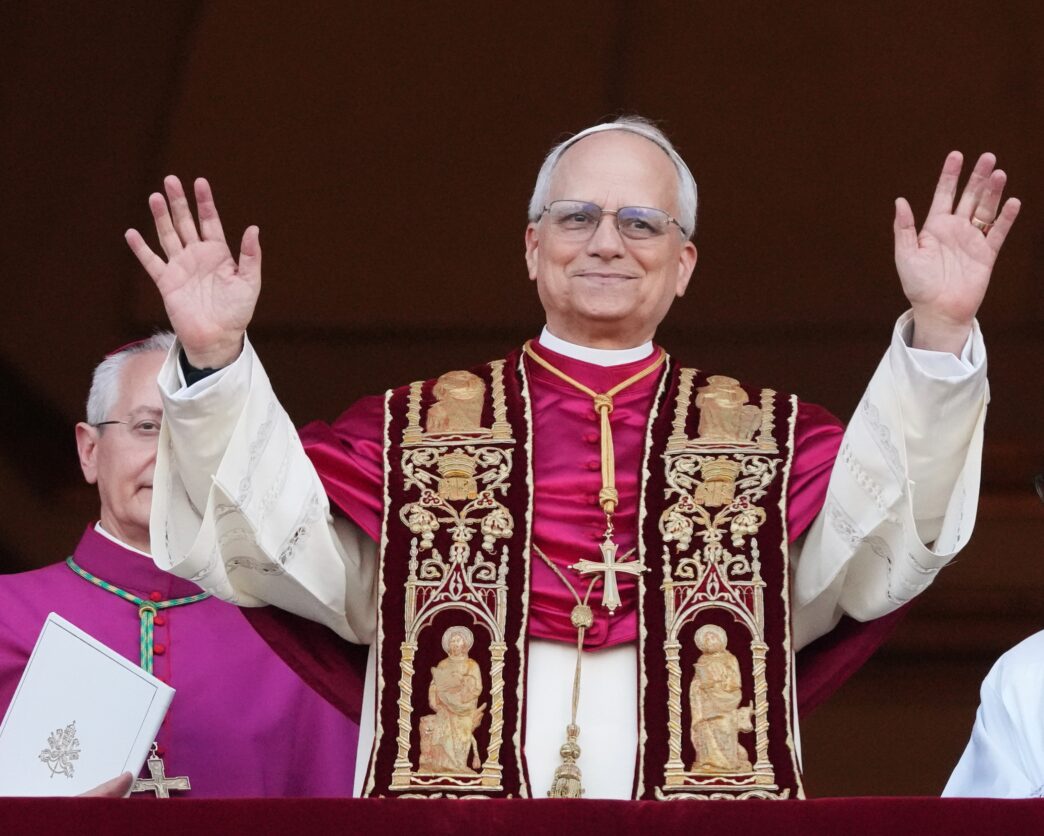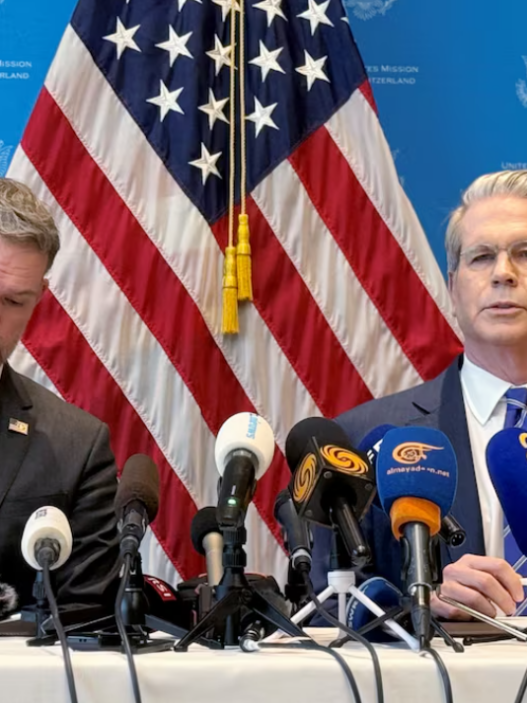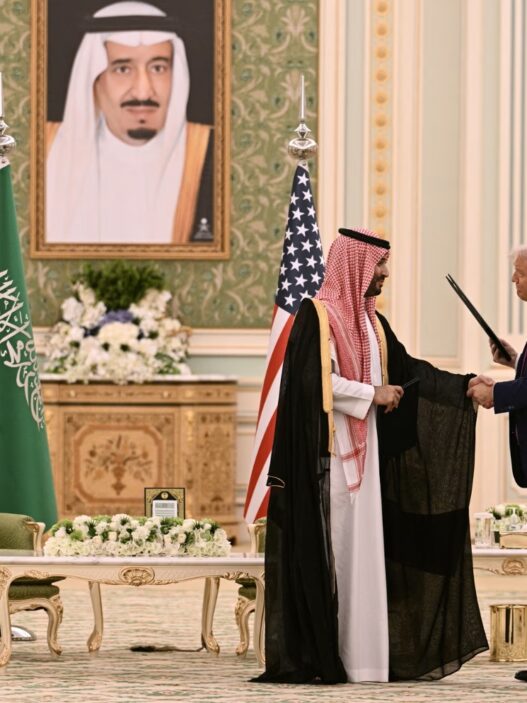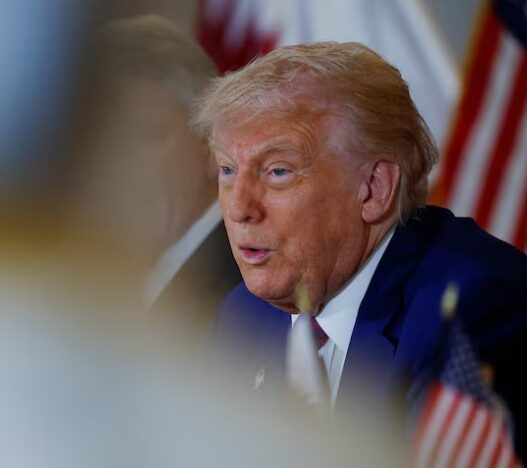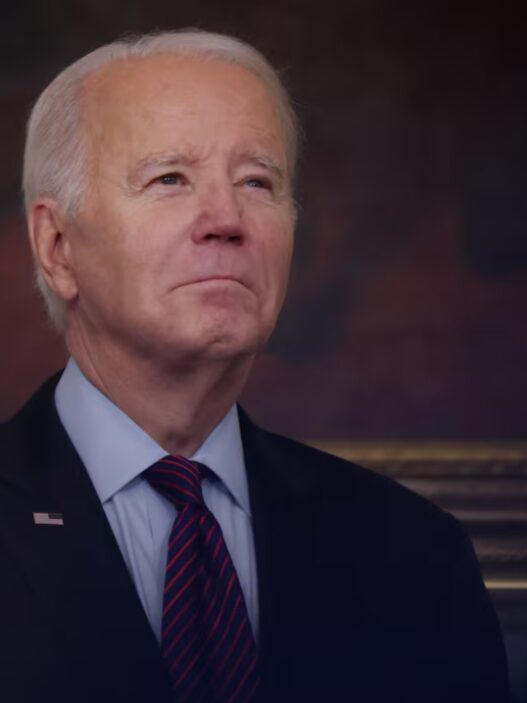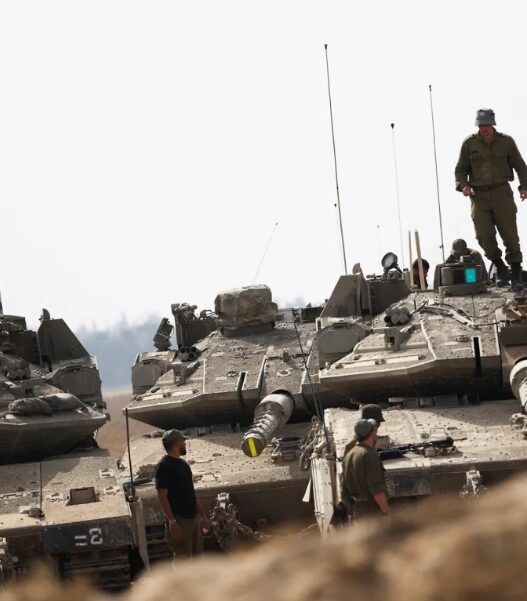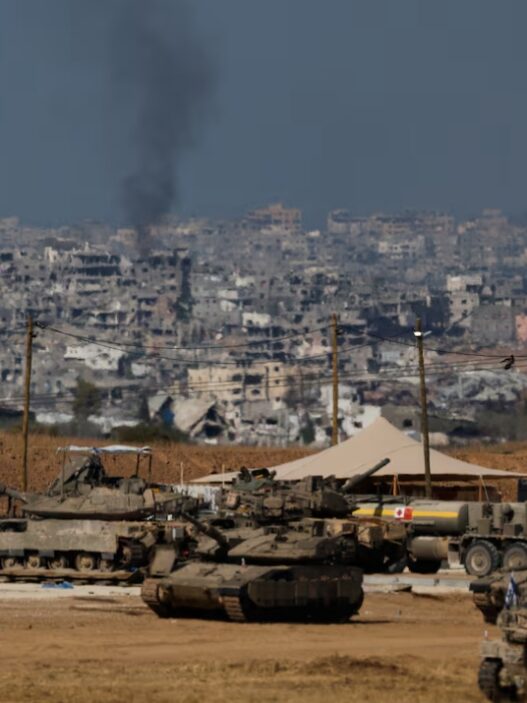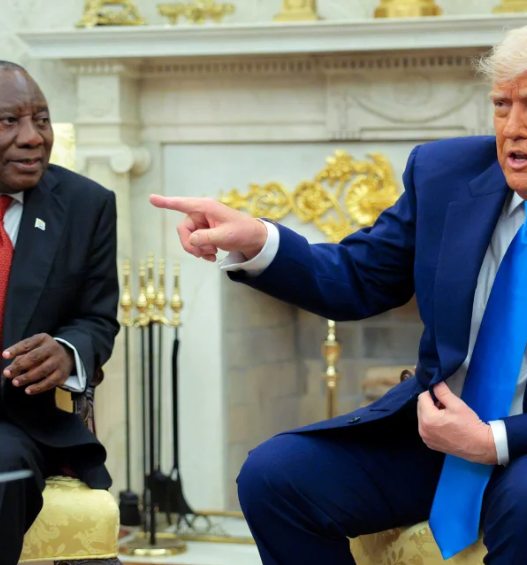The election of Robert Francis Prevost as Pope Leo XIV has made history. While he may not be the unexpected Jesuit from Latin America that his predecessor was, his appointment is equally significant. For the first time, the Roman Catholic Church will be led by an American.
Until now, the idea of an American pope seemed unlikely. The Vatican had long avoided choosing a leader from the United States. Concerns centered around the country’s global power and influence. But that hesitation changed after a short conclave that chose a man who had only been a cardinal for just over two years.
From Chicago to Peru: A Unique Path
Born in Chicago on September 14, 1955, Prevost has never fit the image of a typical U.S. Catholic cleric. He holds dual citizenship in the U.S. and Peru. After taking his vows in 1981 and studying in Rome, he was sent to a mission in northern Peru.
There, he served for years as a judicial vicar and professor. He taught canon law, patristics, and moral theology in Trujillo. In 2014, he became bishop of the nearby city of Chiclayo.
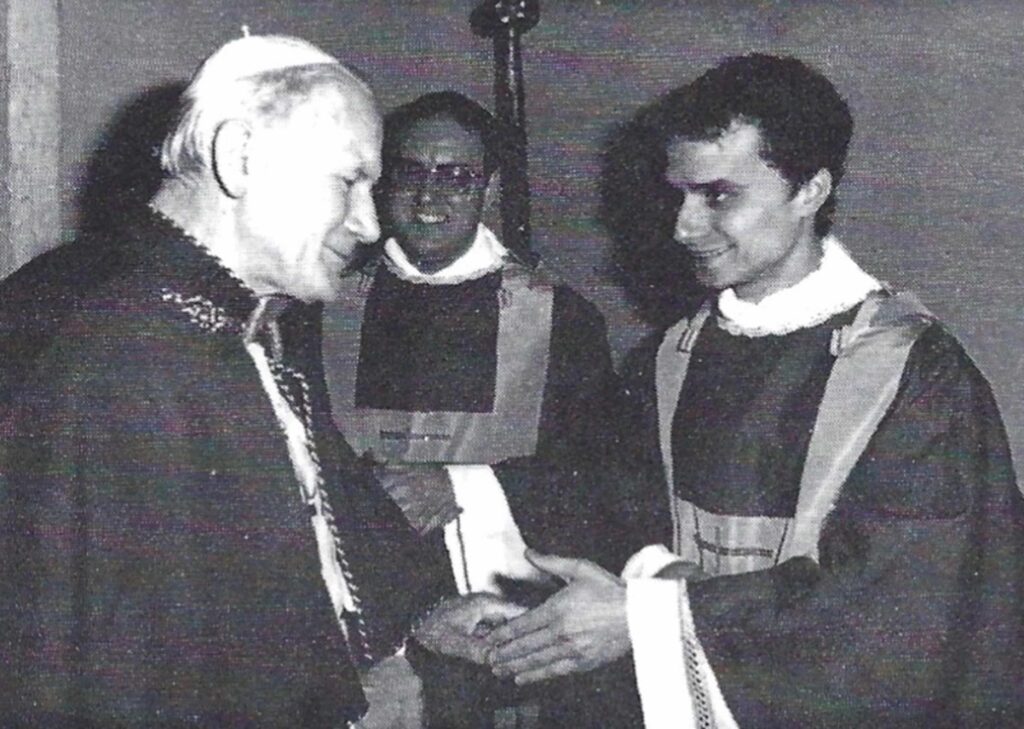
A Grounded Leader in a Divided Church
The Church in Peru has long struggled with tensions. On one side are supporters of liberation theology. On the other are highly traditional Catholics. Yet those who worked with Prevost remember his calm and joy. Rev. Fidel Purisaca Vigil, who handled communications for the Chiclayo diocese, said, “No matter how many problems he faces, he keeps a good sense of humor and joy.”
A profile in Crux described Prevost as a hardworking and moderating influence. He managed to work well with Peru’s divided bishops. This skill will be vital as he leads the global church.
Elevated by Pope Francis
In January 2023, Pope Francis made Prevost a cardinal. Francis had experience managing deep theological differences during his time as the Jesuit leader in 1970s Argentina.
Before becoming pope, Prevost served as the president of the Pontifical Commission for Latin America. He was also prefect of the Dicastery for Bishops, which selects bishops worldwide.
His strong ties to Latin America and key Vatican roles likely helped ease concerns about an American pontiff. His background and appointments show that he was close to Francis. Many now see him as a surprising but welcome continuation of the previous pope’s vision.
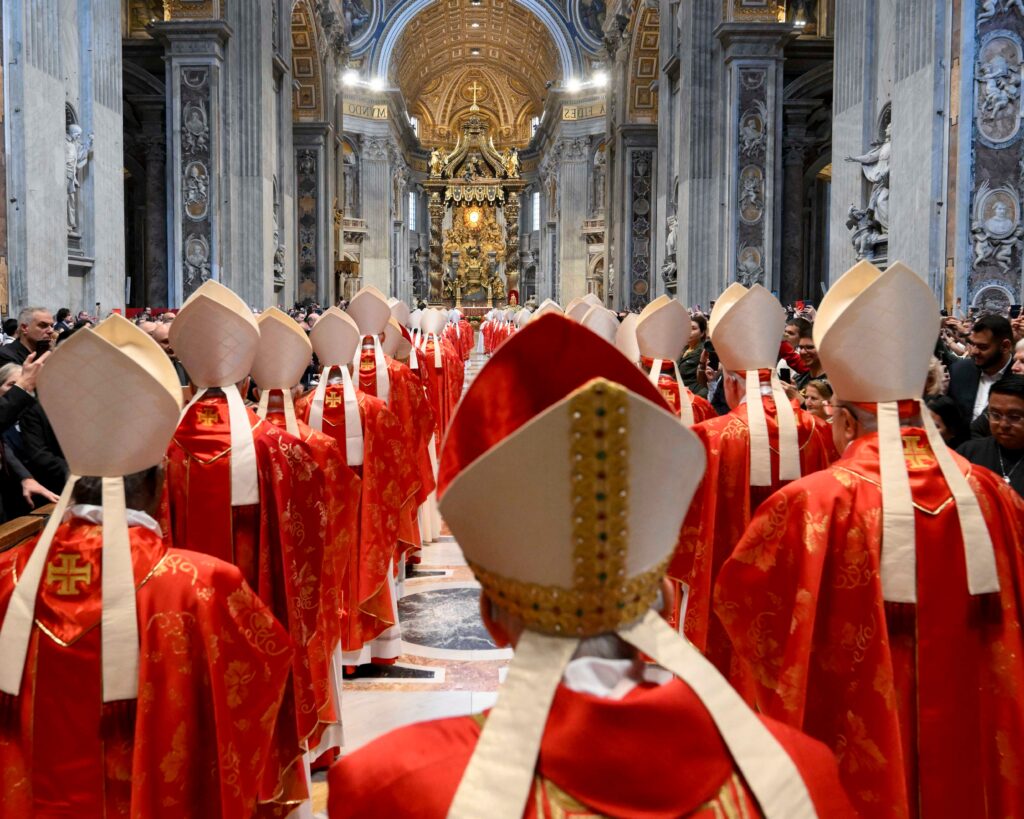
Trump, the Church, and a Surprising Praise
Former U.S. President Donald Trump reacted to the news with delight. He called Prevost’s election “a Great Honor for our Country.” However, Trump and Pope Francis often disagreed. Their sharpest clash came over immigration. Francis publicly criticized Trump’s plan to build a wall on the U.S.-Mexico border.
“A person who thinks only about building walls, not bridges, is not Christian,” Francis said in 2016. Trump responded strongly, calling the remark “disgraceful.” He added, “No leader, especially a religious one, has the right to question another man’s faith.”
Now, Trump says he looks forward to meeting Pope Leo XIV. Whether their meeting will be harmonious depends on whether the new pope continues the legacy of his predecessor.
Carrying Forward a Church on a Mission
Early in his papacy, Francis warned that the church must not become isolated or comfortable. In his landmark exhortation Evangelii Gaudium, he said, “Mere administration can no longer be enough.” He called for a church “permanently in a state of mission.”
Francis believed the church should be out in the streets. He preferred “a church which is bruised, hurting and dirty because it has been out on the streets” over one that is closed and clings to safety. He wanted a church for everyone—“todos, todos, todos.”
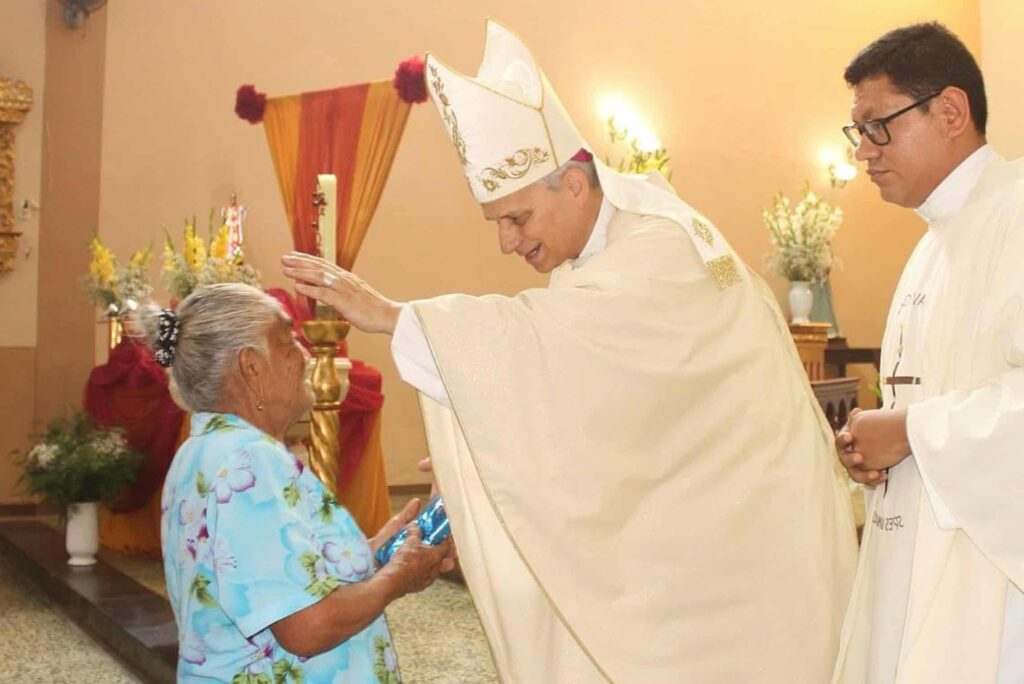
Today, the world faces even more violence and pain. Conflicts continue in Gaza, Ukraine, Sudan, and Kashmir. Amid this unrest, Pope Leo XIV addressed the world from the balcony of St. Peter’s Basilica.
A Message of Peace and Compassion
“Peace be with you,” were his first words as pope. In his speech, he stressed peace, dialogue, and global outreach. His message reflected his roots in the Order of Saint Augustine, a group known for vows of poverty and service.
He urged peace to enter every heart, every home, and every nation. In his voice, many heard not just a new leader, but the echoes of a beloved one who came before.





